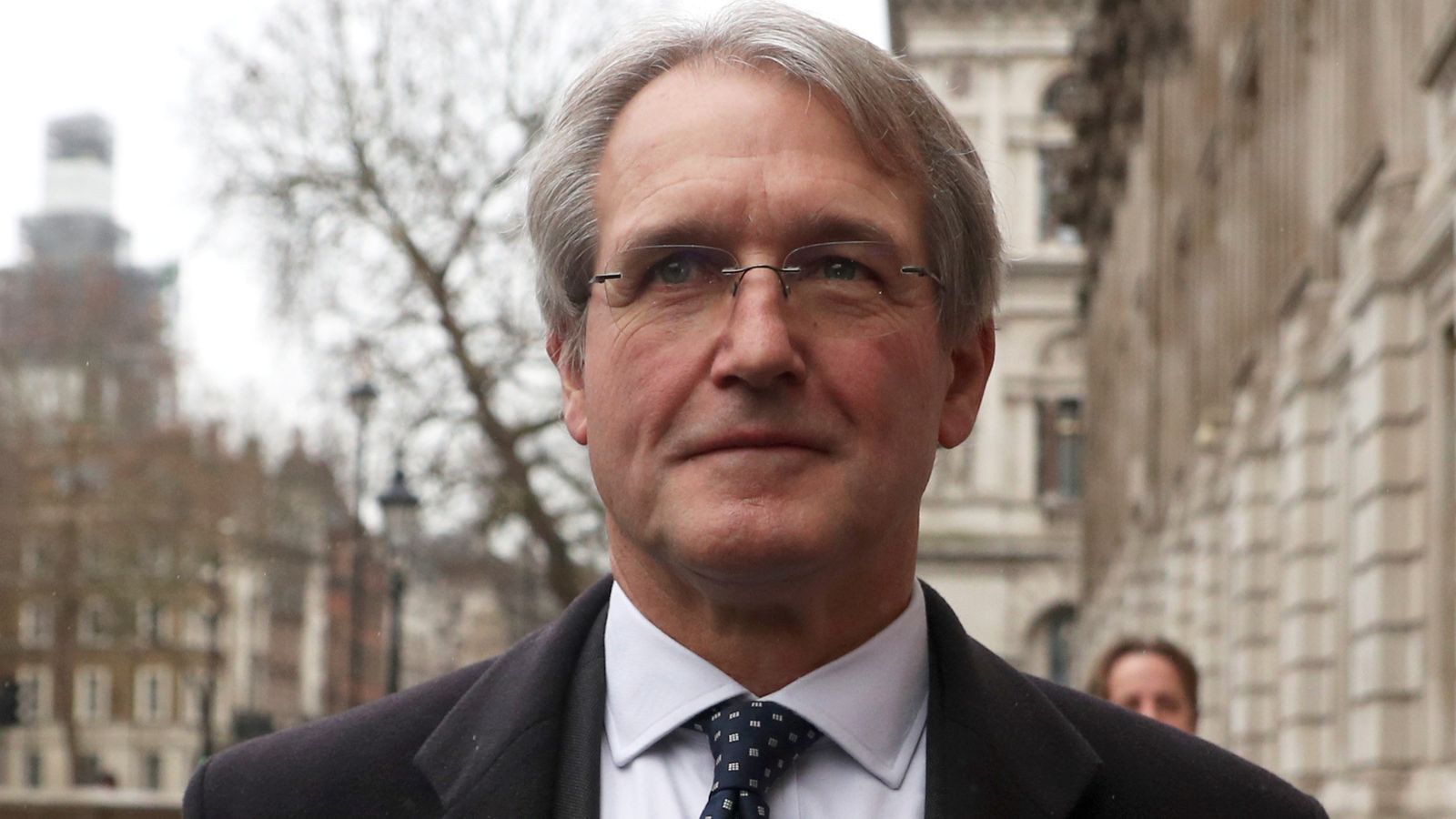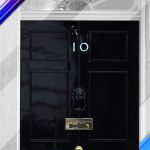The axing of the Standards Committee in a move backed by Boris Johnson and his ministers will be condemned as a vindictive and cynical Tory stitch-up to protect a high-profile Brexiteer.
Jacob Rees-Mogg managed to keep a straight face when he told Labour’s Jess Phillips he would have taken the same action if the committee’s report had been about a Labour MP, but her facial expression made clear she wasn’t buying that.
Clearly some Tory MPs felt the government’s move was too shameful to support. The 250 to 232 vote – a majority of just 18 – on Andrea Leadsom’s proposal, was closer than expected and suggested a sizeable backbench rebellion.
The second vote, a government victory by 248 votes to 221 – a majority of 27 – on the amended motion, was followed by Labour’s John McDonnell claiming MPs should boycott “this corrupt committee”.
The PM and his allies have had it in for Westminster’s chief sleaze inquisitor, Kathryn Stone, ever since she declared he broke Commons rules over his freebie holiday in the millionaire’s playground of Mustique.
Previously the PM also brushed aside a bullying report on Priti Patel – a move that led to the resignation of another sleaze investigator, veteran civil servant Sir Alex Allan. Defiantly, Ms Stone’s office say she will not quit.
Owen Paterson suspension: ‘When they break the rules, they just remake the rules’ – Angela Rayner attacks Boris Johnson over bid to save ex-minister
Owen Paterson: Move to prevent suspension of former cabinet minister is a show of strength from Number 10
Owen Paterson: Boris Johnson accused of ‘return to 1990s Tory sleaze’ as he backs bid to save ex-minister from Commons suspension
So there’s a pattern here. Protected by his 80-seat Commons majority, which only narrowly saved him from humiliation here, the PM’s tactic can be summed up as: “If we don’t like the verdict of a sleaze inquiry we’ll change the rules.”
The voting was a victory not only for the PM and the Tory machine but also for the hard men of the Tory Right on the Conservative backbenches who have led Mr Paterson’s campaign for a reprieve.
The present Standards Committee was set up by David Cameron in 2013 and has seven MPs and seven lay members. Never before, until the Owen Paterson case, has the government sought to reject one of the committee’s reports.
Yet the PM wants to replace it with a committee with a Tory majority chaired by another Brexiteer, former minister John Whittingdale, a close friend of Carrie Johnson, who used to be his special adviser.
Mr Whittingdale, a former culture secretary, re-joined the government as media minister last year but was dropped again in this September’s reshuffle.
No doubt the PM feels he owes Mr Whittingdale. There’s a pattern here too. Mr Johnson installed Brexiteer Sir Bernard Jenkins as Liaison Committee chairman and tried to impose former cabinet minister Chris Grayling as chairman of the Intelligence Committee until that backfired.
The Standards Committee report on Mr Paterson could not have been clearer. “This is an egregious case of paid advocacy,” the report concluded. “He has brought the House into disrepute.”
The PM’s critics will claim, however, that with its actions to scrap an independent anti-sleaze committee and replace it with one with a Tory majority, it is the government that has brought the Commons into disrepute.






















